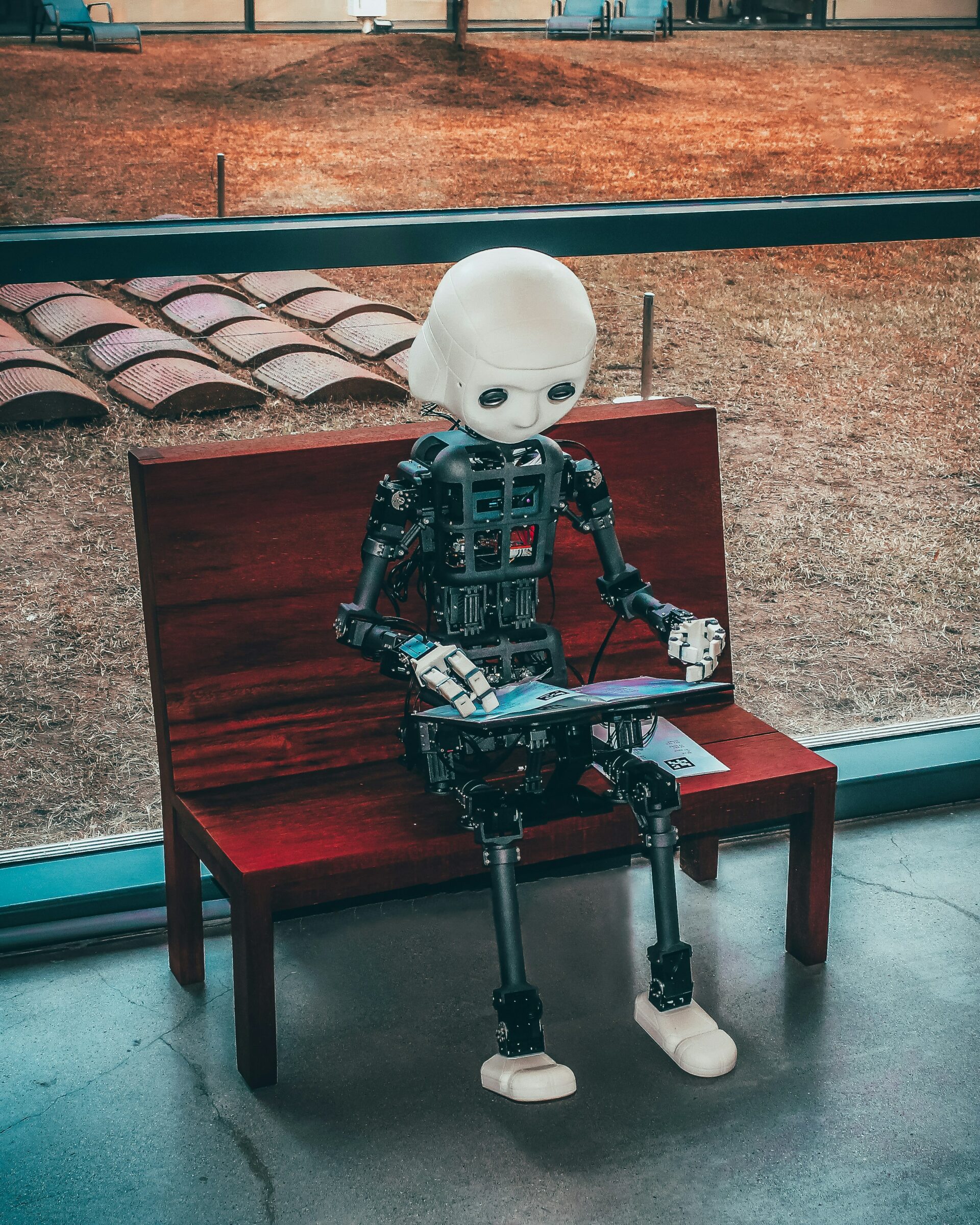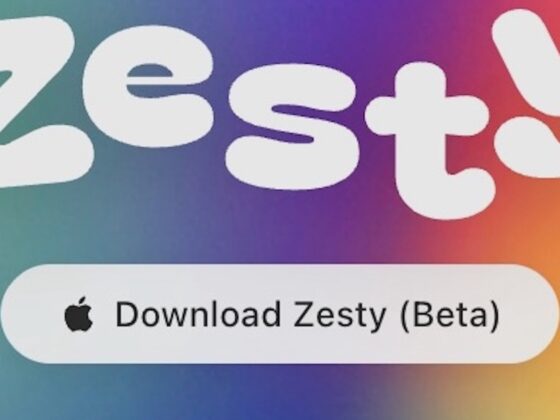
In this article I described the relationship between Model Context Protocol (MCP) that helps AI systems access external data and A2A (Agent-to-Agent communication) that helps them talk to each other. This shorter article reflects my vision on the possible evolution of the A2A concept and how this affects our industry.
In short: instead of a single AI pulling information from databases or APIs, A2A envisions a world where multiple autonomous agents — representing different organizations or users — can exchange information, negotiate, and complete transactions on their own (without the human involvement).
In travel, that means a traveler’s AI could communicate directly with a hotel’s AI to check availability, confirm loyalty benefits, and book a room — no OTA, no manual input, no website required. Just machine-to-machine collaboration. Theoretically…
To predict whether this will actually happen on a large scale and how A2A might play out, it helps to look back. Is there a precedent in the history of human technology that can guide our expectations? And the answer is yes.
The Email Analogy: Platforms vs. Ownership
If we use the analogy of the SMTP protocol for email, the parallels become clear. SMTP was invented to democratize email communication — an open standard that allowed anyone to send messages to anyone else, regardless of platform.
But what happened?
Most people didn’t go and build their own mail servers. They just signed up for Gmail, Yahoo, or Outlook, because it was more convenient.
So while the protocol was open, the experience got centralized — controlled by a handful of large platforms.
Who did build their own email systems?
Companies. Almost every professional today has a corporate email account in addition to a personal Gmail address. Businesses host their own email servers or manage them through enterprise providers because they need control, compliance, and integration with internal systems.
Applying That to A2A
It’s very possible that A2A adoption will follow the same pattern.
- Individuals will use AI agents provided by platforms like OpenAI (ChatGPT), Google (Gemini), or Anthropic (Claude).
- Corporations will build or host their own agents for business travel, procurement, and internal workflows.
For example:
When I take a leisure trip, I’ll probably use my ChatGPT agent to search and book a hotel.
When my husband takes a business trip, he’ll use his corporate agent, provided by his organization — one that already has pre-approved hotel chains, negotiated rates, and compliance guardrails built in.
That’s a very probable future.
What It Means for Hospitality
Corporate travel accounts form an important but relatively small slice of total demand. The vast majority of global bookings come from leisure travelers.
So while corporations may develop their own agent systems for managed travel, it is very likely that most leisure bookings will still happen through major AI platforms — OpenAI, Google, or Apple — acting as the new intermediaries.
That’s why understanding A2A is so critical for hotels today. It’s not just about connecting your systems but about deciding who your AI agents will be talking to, and who controls that conversation.
Because in the next era of travel distribution, it won’t be website vs. OTA. It’ll be agent vs. agent.
To properly prepare for the new AI search and booking era – join my new course:
https://iravouk.com/aeo/









